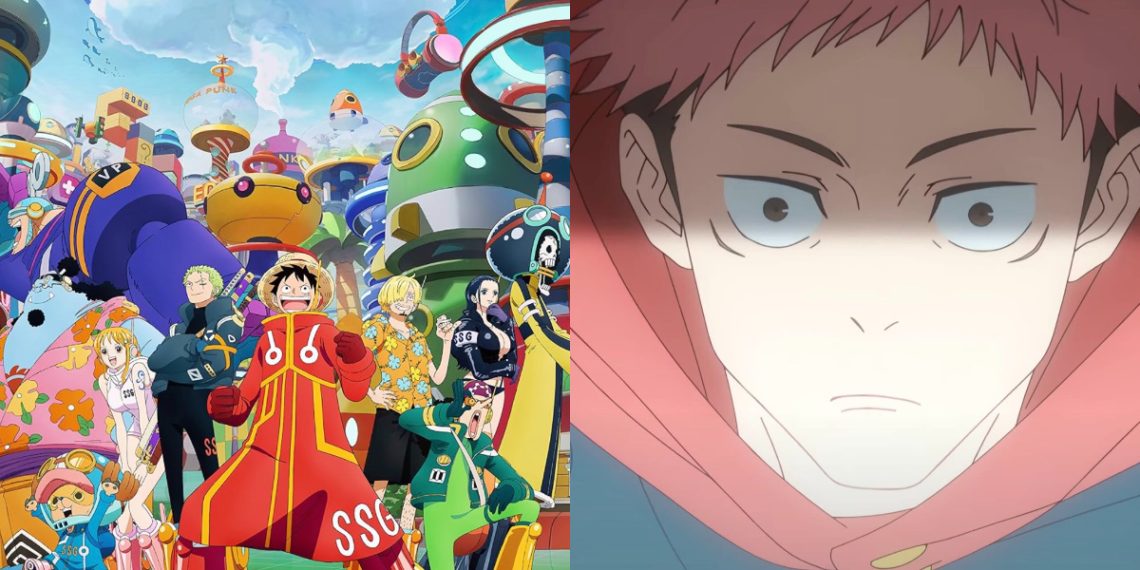Before I delve into my critical assessment, let me acknowledge this much – the Crunchyroll Anime Awards stand as a significant marker in the landscape of anime.
They provide a platform for anime enthusiasts to express their preferences, echoing Megan Thee Stallion’s sentiment at the event – it’s a window into the collective pulse of the fandom.
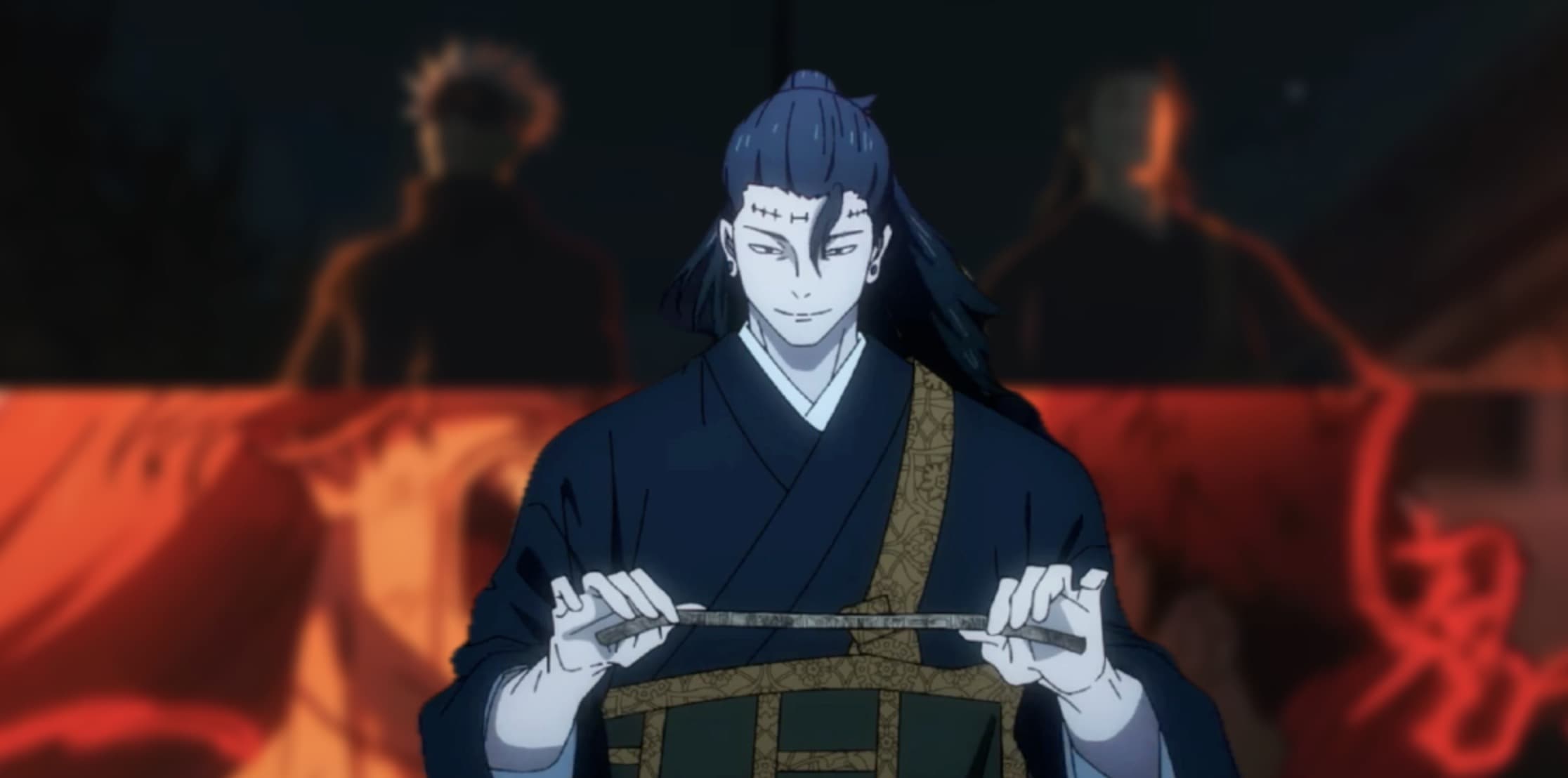
Moreover, the recognition accorded to the industry and its artists holds substantial value, fostering a culture of positive reinforcement, which I deem pivotal in the grand scheme of things.
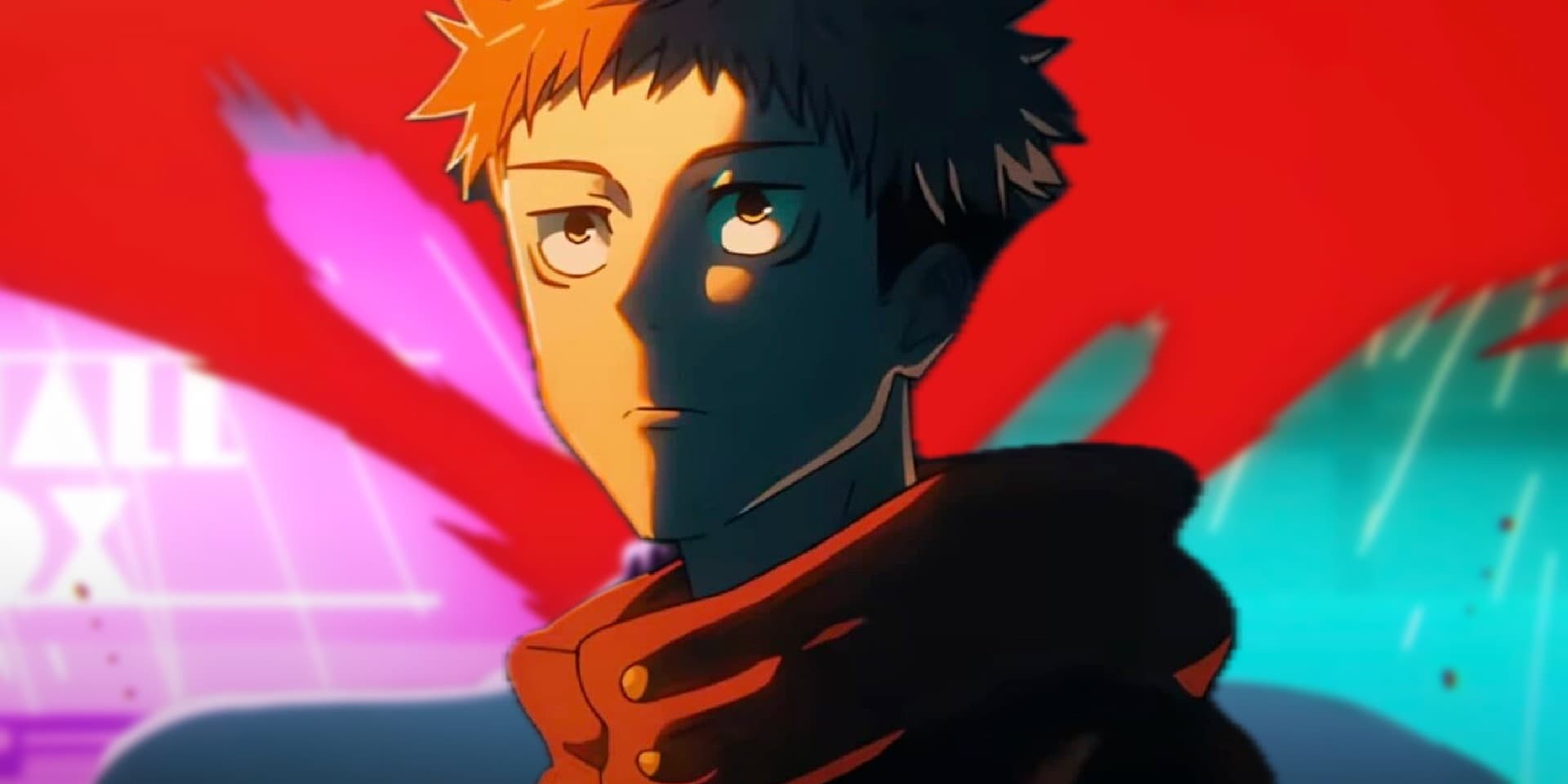
However, amidst these commendable aspects, I find room for refinement in the selection process for the winners. Presently, the Anime Awards seem to prioritize popularity over quality, which, in my view, warrants reconsideration.
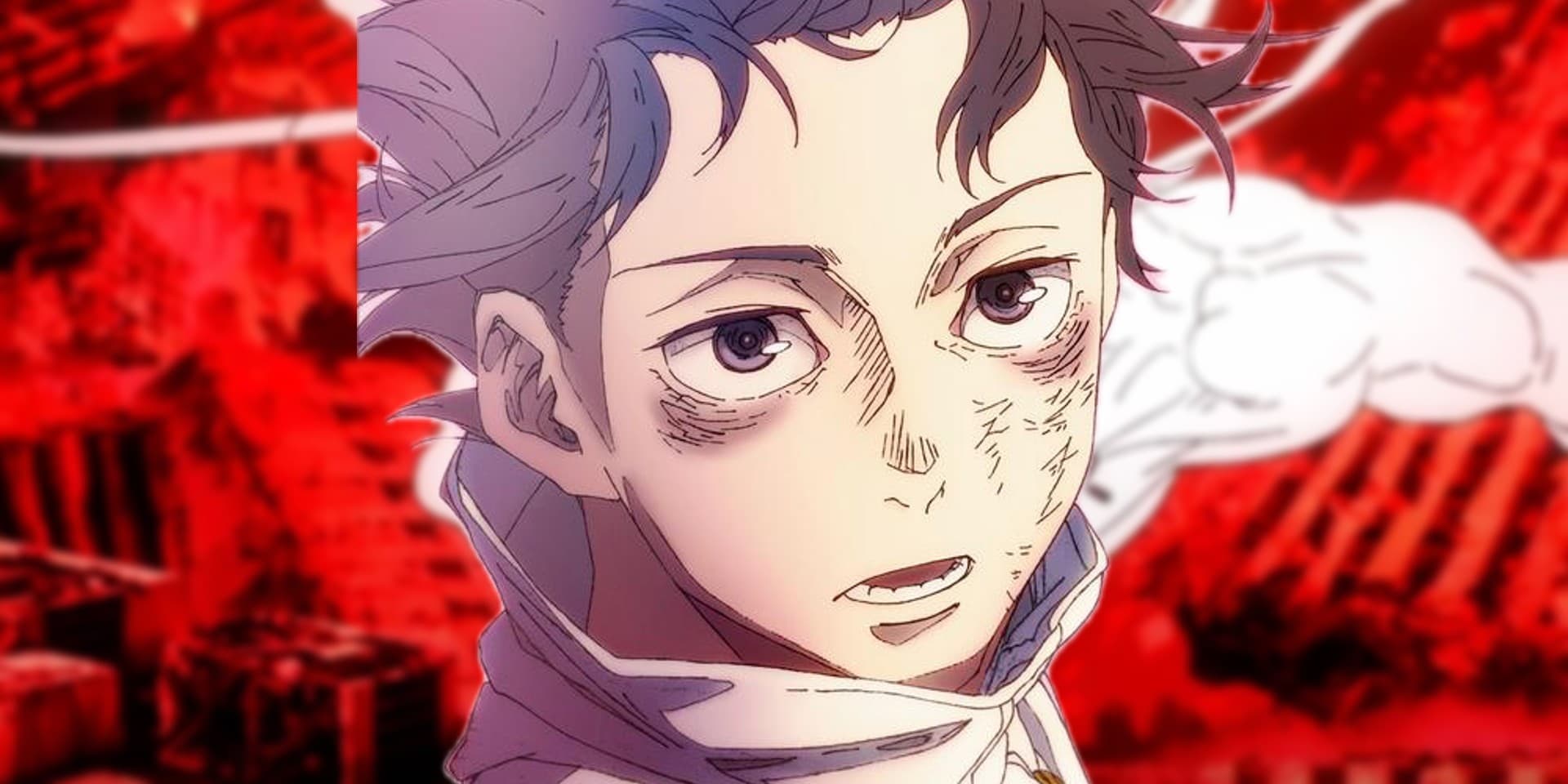
While it may be a deliberate decision to align the awards with fan sentiment, popularity alone doesn’t necessarily signify superiority. Numerous factors contribute to a series’ acclaim, and conflating popularity with excellence is a misstep.
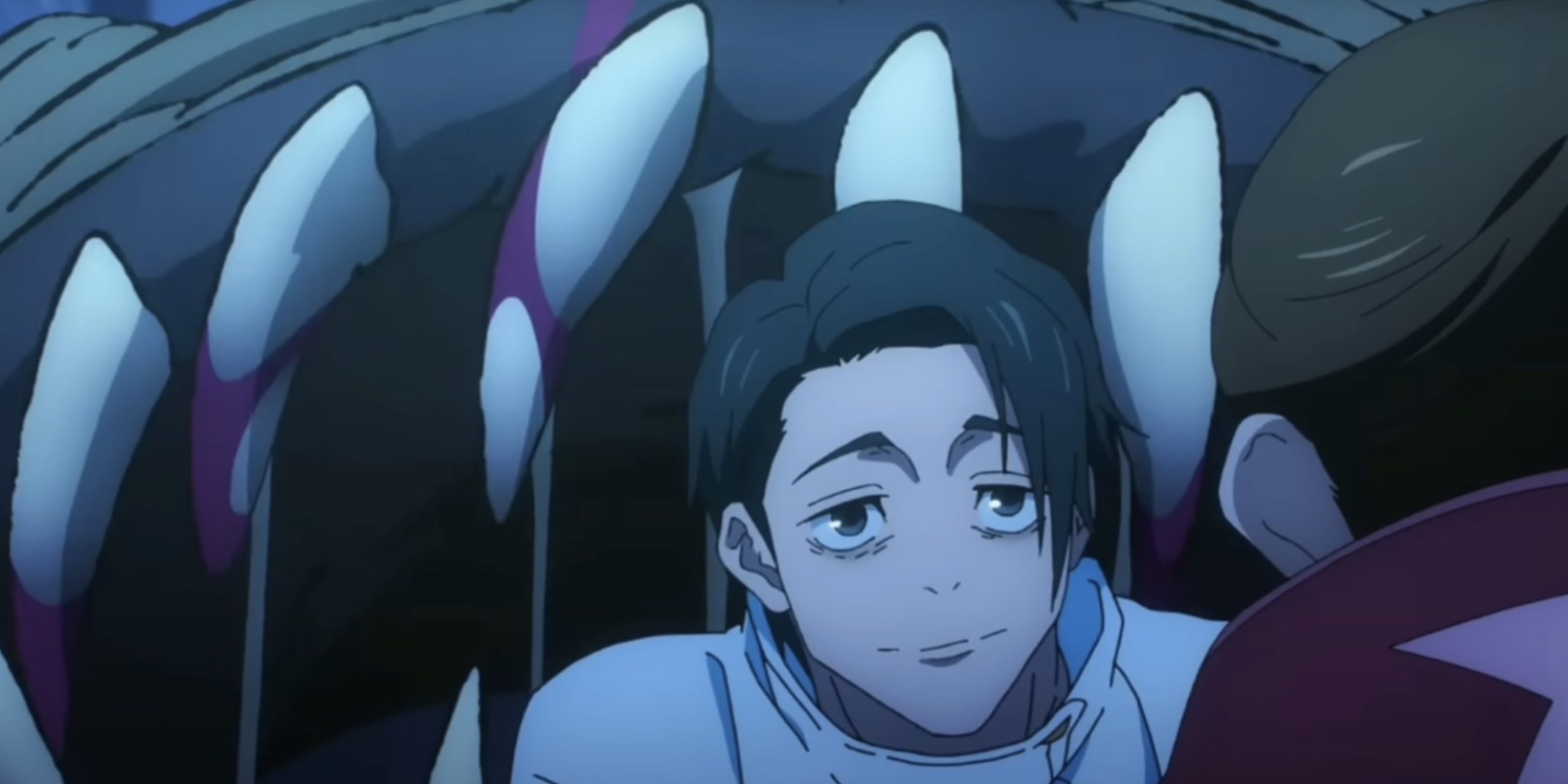
Labeling a show as “the best” rather than “the most popular” would be a disservice to the medium and its diverse offerings.
Anime Awards, Balancing Fan Input, and Expert Evaluation
However, the voting mechanism utilized by Crunchyroll opens the door for large groups of participants to sway the outcomes in their favor.
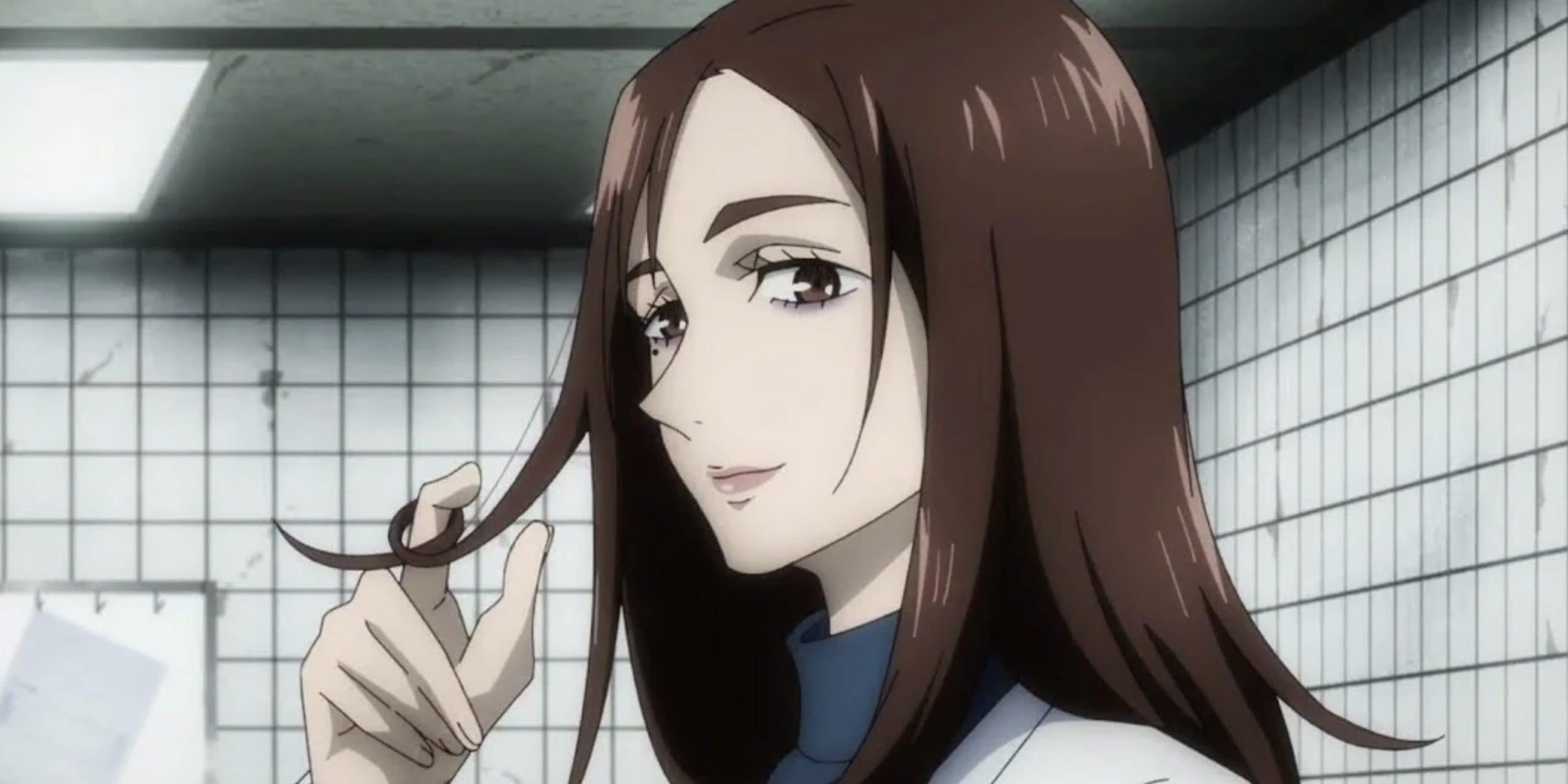
Presently, winners are determined through a two-stage voting process:
In the initial round, a panel of judges selects six nominees for each category. In the subsequent round, this same panel collaborates with fans to finalize a Grand Winner in each category.
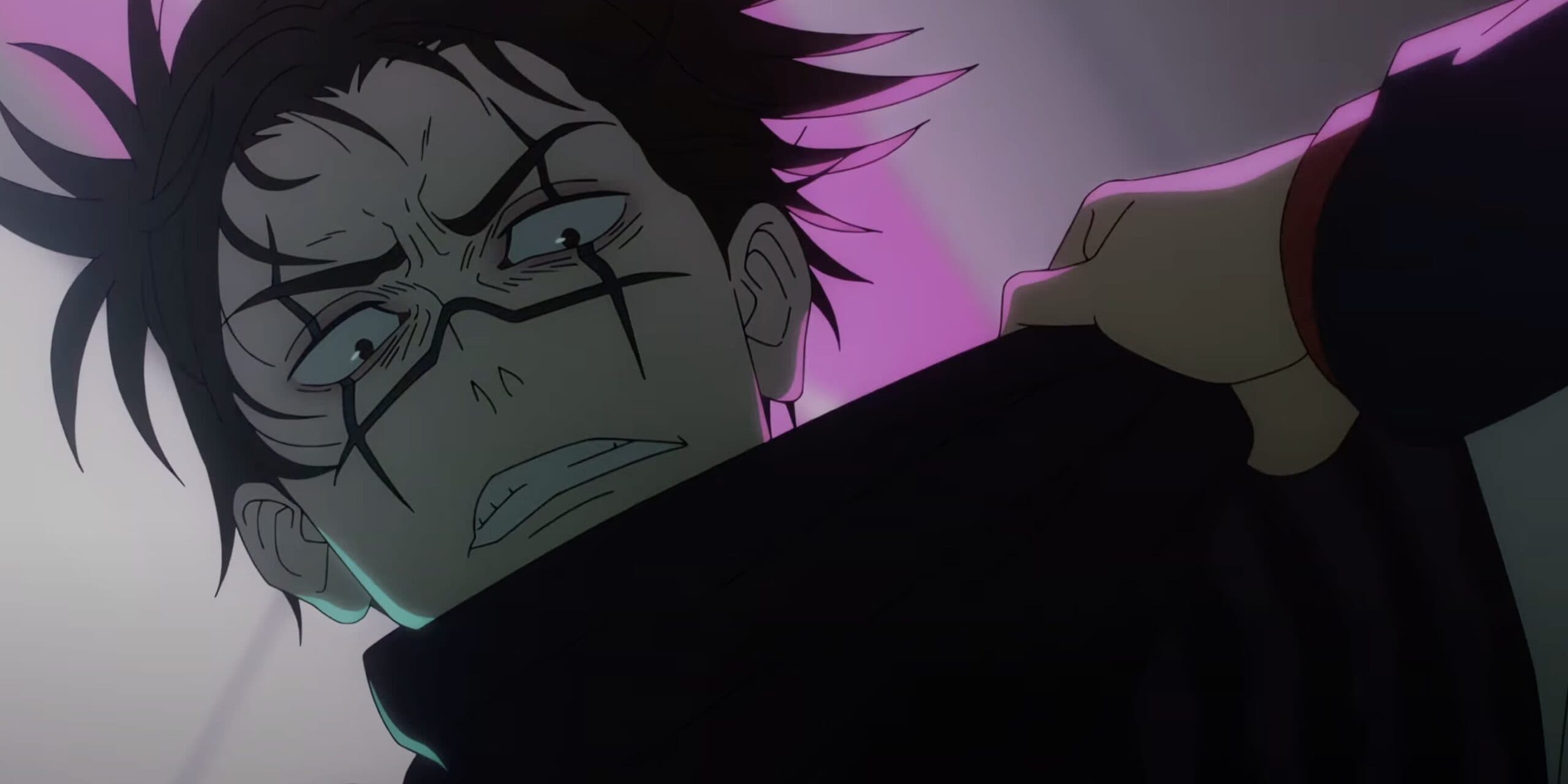
The influence wielded by fans’ votes in this process is considerable, and it presents a double-edged sword. Even Animehunch, as part of the judging panel, isn’t exempt from this dynamic!
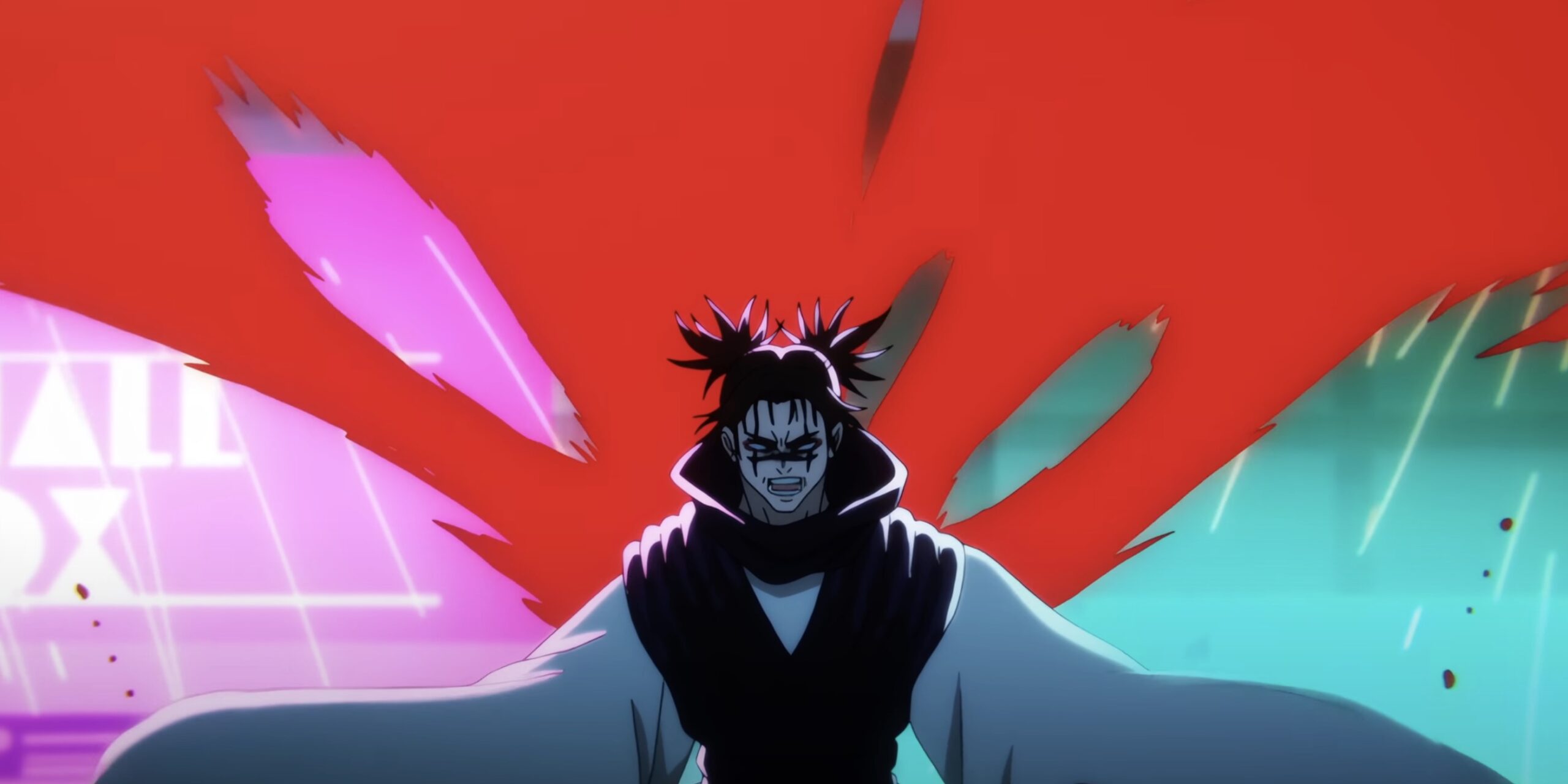
This system is susceptible to manipulation, as it essentially boils down to which show’s fandom can rally the most support. If fans choose to prioritize their personal preferences over objective merit, the integrity of the awards becomes questionable.
Such occurrences have occurred in the past and have once again manifested in this year’s event. Jujutsu Kaisen Season 2 secured an impressive nine out of thirteen categories it was nominated in.
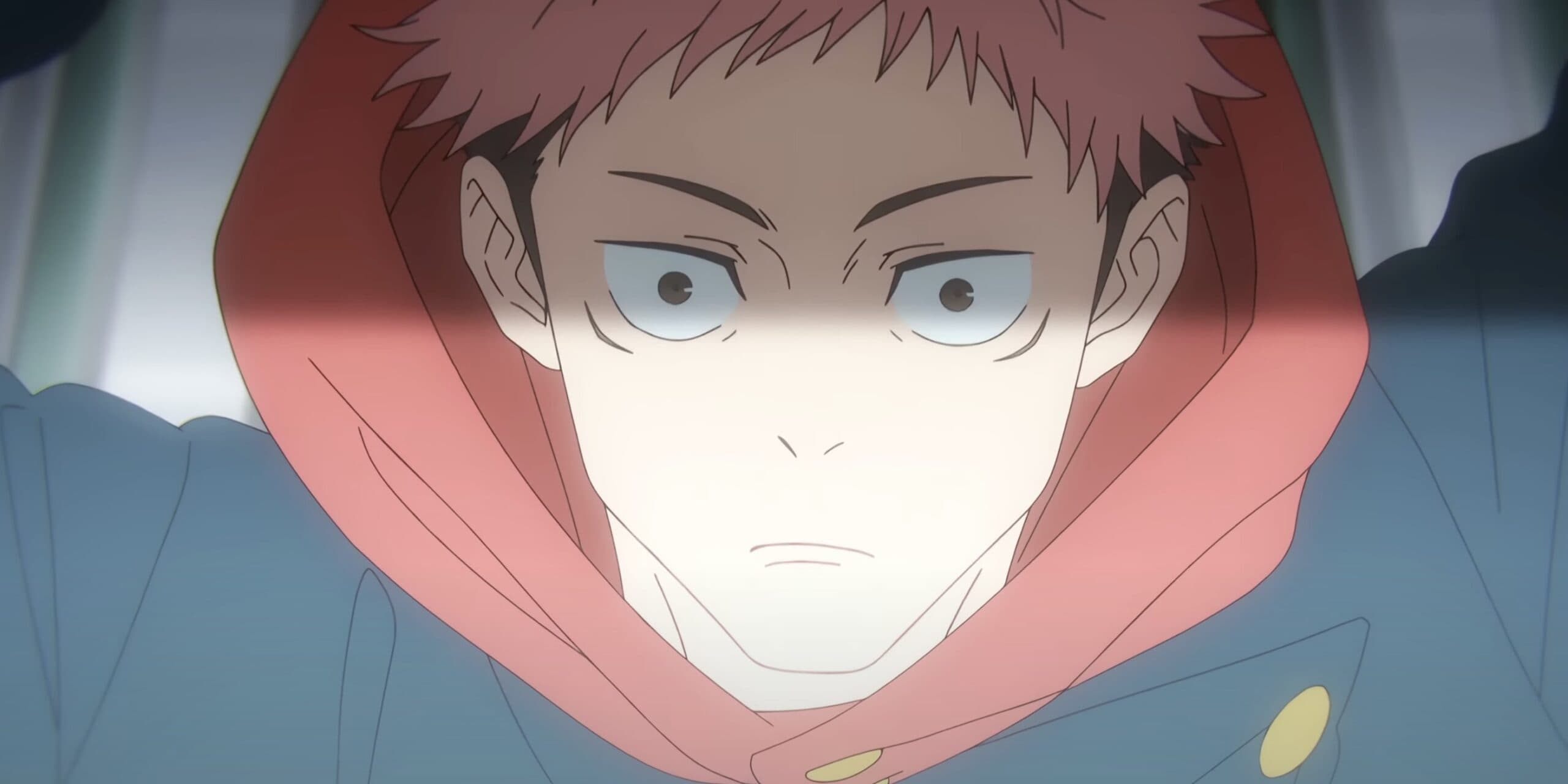
Meanwhile, other contenders like Vinland Saga Season 2, Zom 100, and Heavenly Delusion failed to secure any awards, despite their multiple nominations.
If these titles had enjoyed more popularity within the fandom, the outcome likely would’ve differed – mark my words.
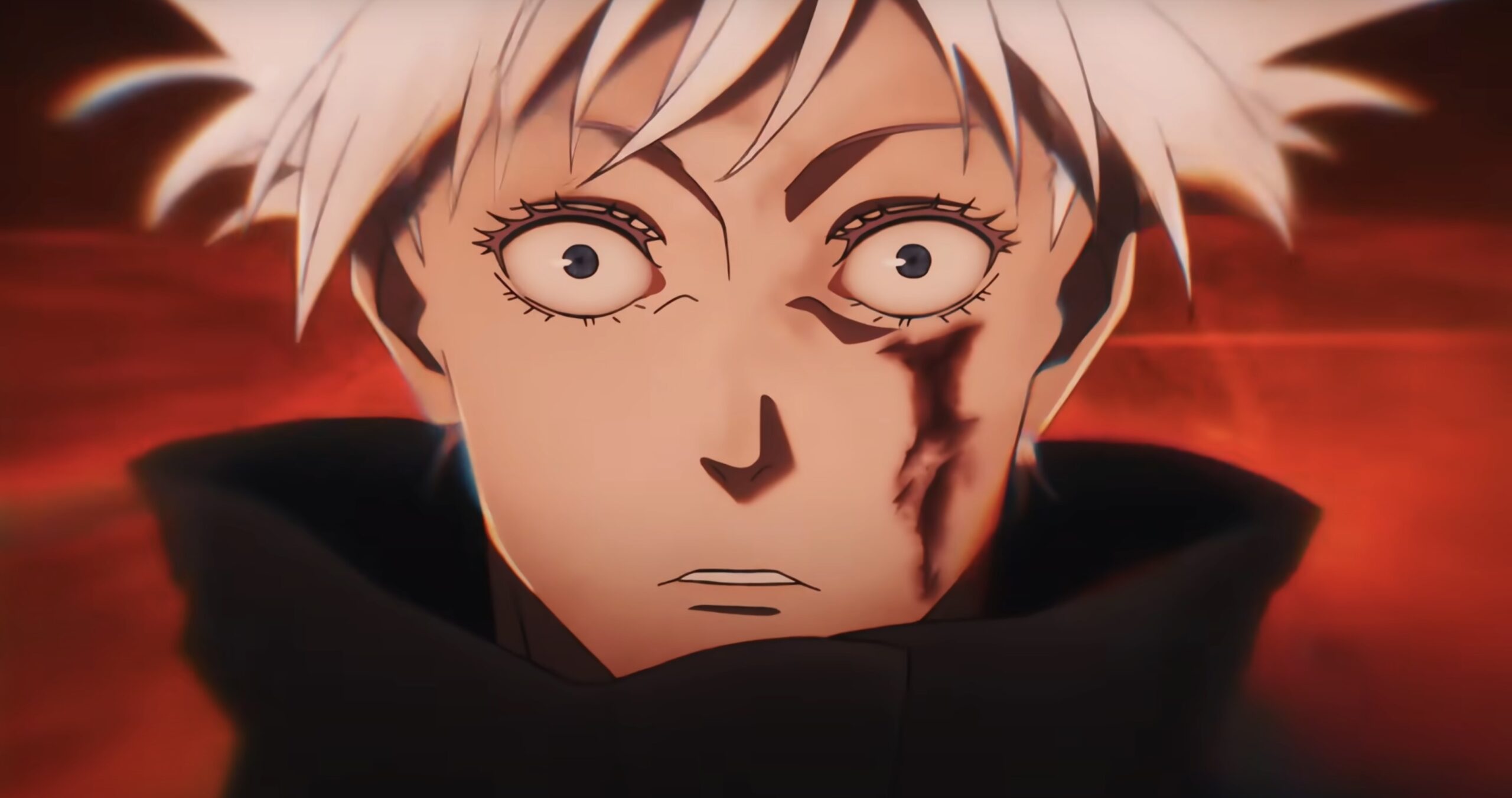
Consider this not just the lamentations of a disgruntled fan, but a reflection on the inherent subjectivity in competitive arenas. Fans often struggle to maintain objectivity when selecting the standout contender. Naturally, their preference tends to align with the title they hold dear, rather than necessarily the most deserving.
Now, before you accuse me of inconsistency, let me clarify – I’m a staunch supporter of Jujutsu Kaisen. I could wax poetic about its narrative intricacies and defend it passionately.

However, even I must admit that there were titles more deserving than Jujutsu Kaisen Season 2.
Take, for instance, Vinland Saga Season 2 – a clear contender for Anime of the Year. It boasted superior themes, consistent animation, and a depth that set it apart from its immensely popular counterpart.
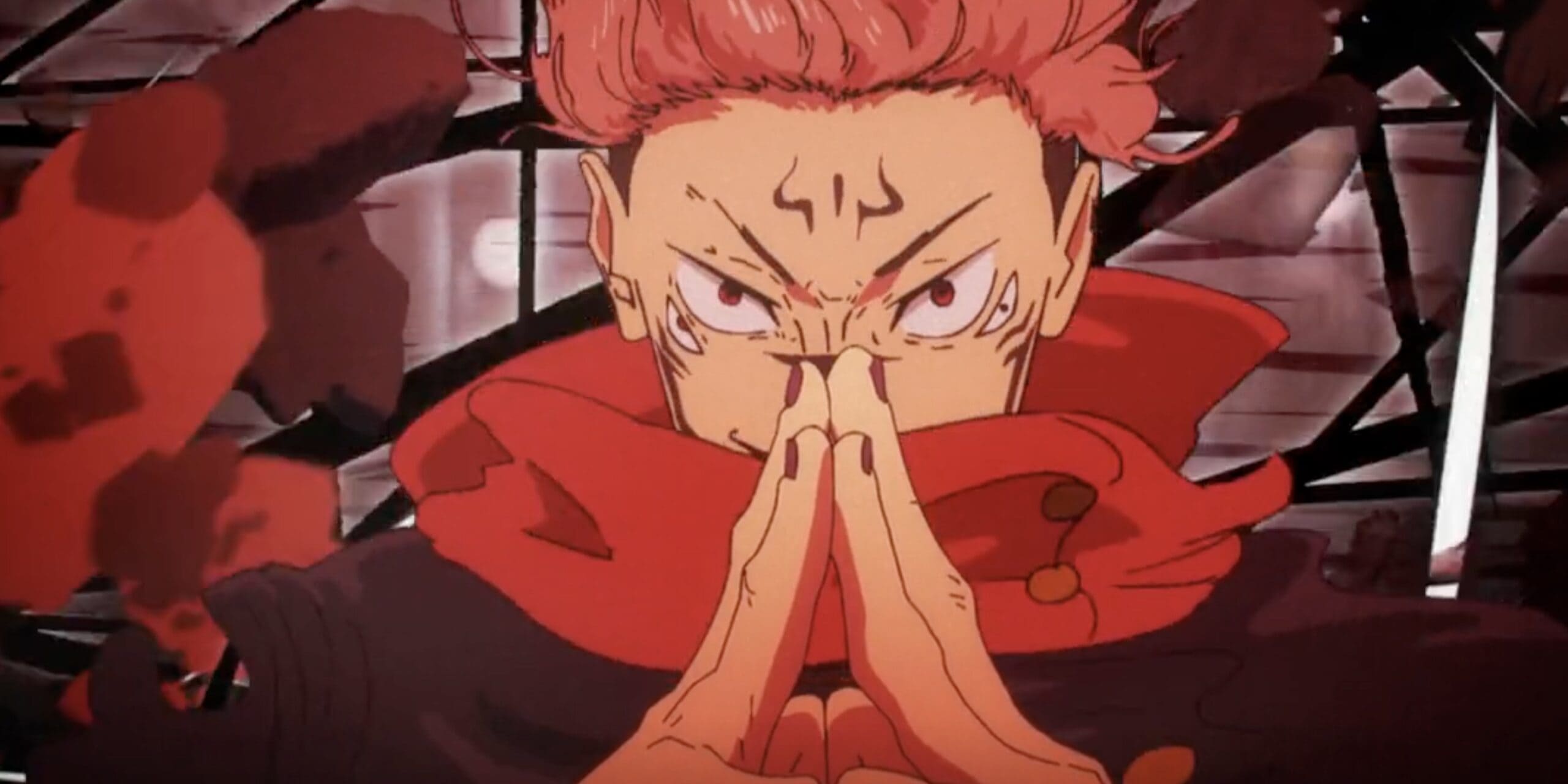
Sure, Shibuya had its moments, but in terms of overall quality, Vinland Saga holds the edge. Ask any unbiased observer – they might just concur.
This begs the question – would it not be prudent to include a panel of judges to oversee the final outcome? Shouldn’t there be more industry insiders involved in the decision-making process, considering both fan input and expert evaluation?


